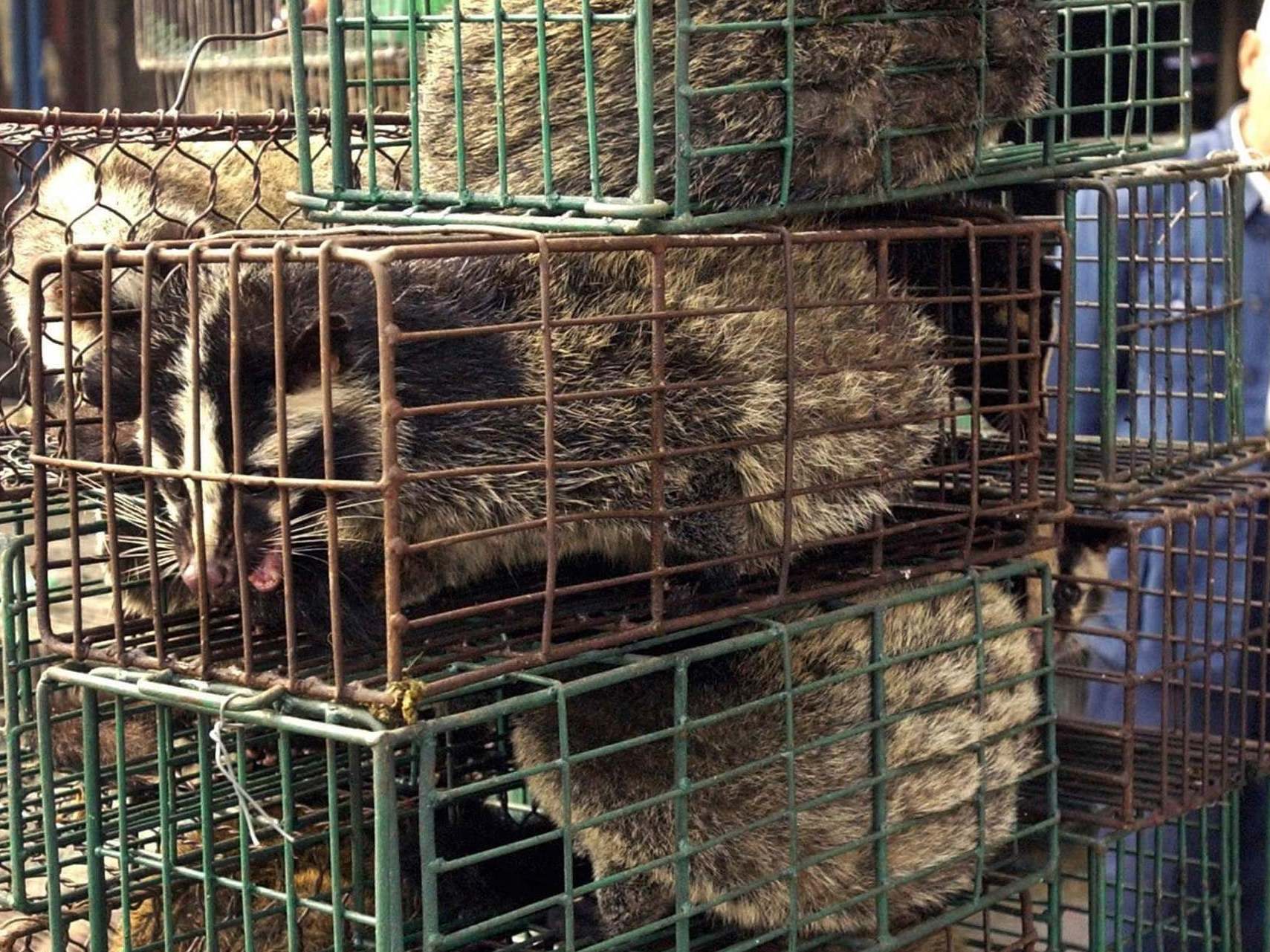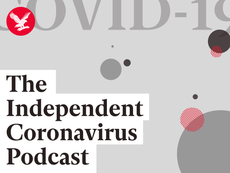We need coordinated global action over animal markets to help prevent the next pandemic
Editorial: It has to be a worldwide effort, because if it is not then existing diseases will still be harboured, and new diseases will appear

Given that some of the most terrifying diseases to stalk humanity in recent years have emerged from insanitary and unsafe live animal markets it is strange, indeed incomprehensible, that so little has been done about them.
After all, it appears likely that the present novel coronavirus emanated from a so-called wet market in Wuhan, China. Accounts vary as to the transmission role potentially played by captive pangolins and caged bats, but it is believed Covid-19 jumped from animals to humans. It is certainly another potentially deadly zoonotic disease. Human beings have no inbuilt immunity to it, and its effects on health are all too distressing. It has also tipped the world economy into a sudden depression.
The global death toll now exceeds 100,000, with many more to come as Covid-19 works its way across the poor and densely populated communities of the developing world.
Yet it is not unprecedented – far from it. We have been warned before. The world has witnessed many other such zoonotic transmissions, all with deadly consequences. The loudest of the alarms went off in 2003 with the outbreak of Sars, starting in China, which has much in common with the current pandemic. There then followed Mers, with its origins in the Middle East, caused by another coronavirus.
Neither of these proved as infectious as the virus that causes Covid-19, but the danger was always there, and the capacity of viruses to evolve was well understood. Also in recent years were outbreaks of avian flu, Ebola virus – named after the Ebola river in the Congo where it was first detected – and henipavirus, which incubated in Indonesia. The short swine flu epidemic of 2009-10 began in Mexico.
The thing they all have in common is that they arise because of the close proximity of humans to animals, especially wildlife. This occurred because various species were hunted and marketed for food (“bush meat”), for the exotic pet and traditional medicines trades, and because extensive deforestation forced animal populations closer to human settlements. Variously these deadly diseases are believed to have been harboured by bats and flying foxes, pangolins, birds, pigs, camels, horses and other creatures, just as we now know that some big cats can catch the novel coronavirus from people.
Livestock markets and deforestation are not confined to China but are endemic across Asia, the Middle East and Africa. They are a product of burgeoning populations and poverty. They are not the “fault” of those who find themselves living in such conditions. Yet governments, across advanced, emerging and developing economies could move to sanitise and regulate the animal markets, on the way to banning them, and to restrict deforestation.
Some have used the Covid-19 crisis as a clarion call for casual xenophobia; that is not something that should be tolerated. But the issue of animal-human transmission of emerging pathogens is one backed by scientific evidence and requires international cooperation to help stop it. It has to be a global effort, because if it is not then existing diseases will still be harboured, and new diseases will appear. Thus far, the global response to earlier pandemics has been disappointing, perhaps because humanity (particularly in the west) got off so lightly; the sheer scale of the Covid-19 pandemic may change that.
So longstanding campaigns for the preservation of habitats and biodiversity now have an added life or death aspect to them for the human population of the world. For we can be very certain that the Covid-19 coronavirus will not be the last to evolve, and the next one could be more infectious and more deadly still. Even if the world wins the “war” against Covid-19 there will be fresh attacks for as long as humanity treats nature with such careless contempt.






Join our commenting forum
Join thought-provoking conversations, follow other Independent readers and see their replies